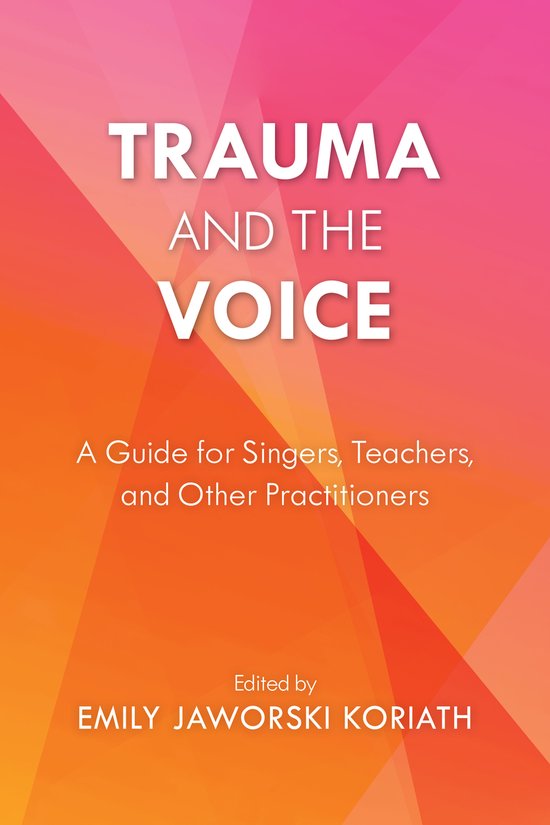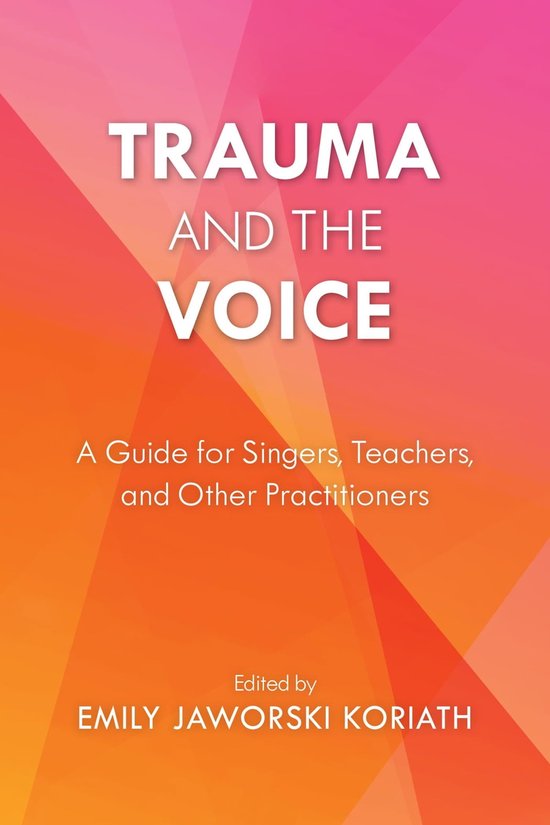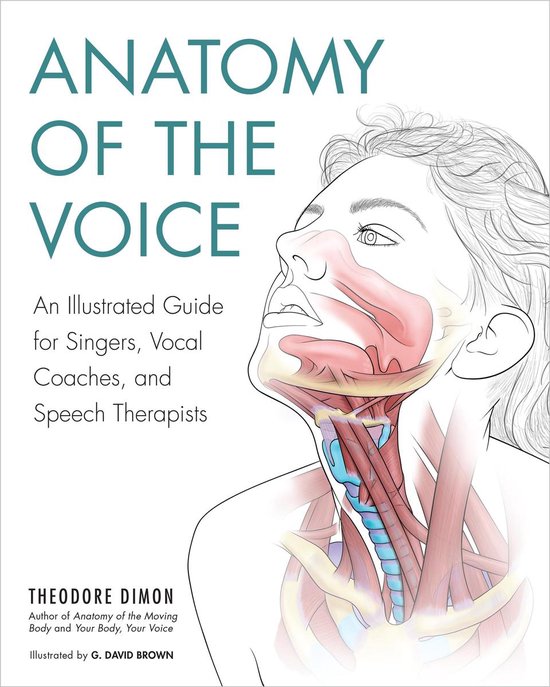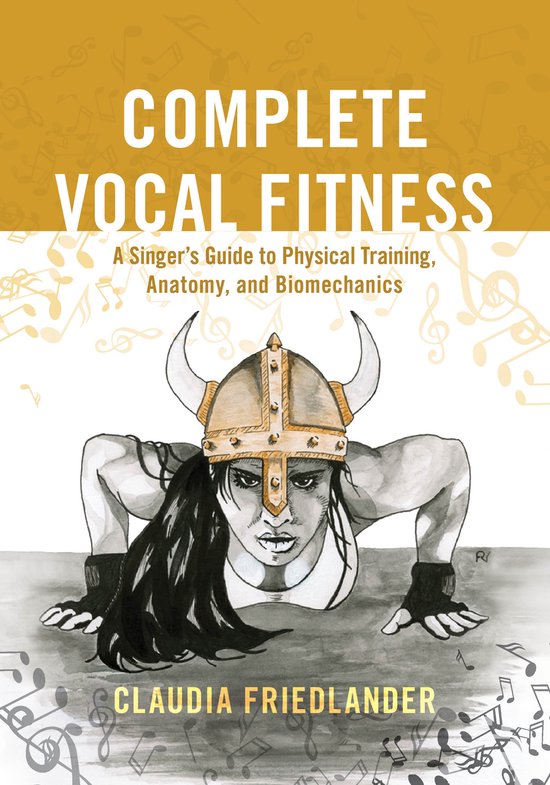
National Association of Teachers of Singing Books- Trauma and the Voice
When you’re working with singers, you’re in the business of feelings and, by extension, the business of the nervous system. Emotions play a crucial role in the applied studio, and in the present age, it is becoming ever more critical for singing teachers to understand the world of emotion and, especially, the impacts of trauma on the voice. The statistics are astonishing: over half of American 17-year olds have experienced trauma or witnessed it firsthand; the next person you meet is more likely to carry nervous system trauma than to be left-handed.
For the first time, this interdisciplinary volume collects, synthesizes, and summarizes existing research for singing teachers and other voice practitioners. It presents empirical data and case studies from practitioners in psychology, music therapy, vocal instruction, and speech pathology, and it imparts practical application and important interventions for voice instruction, concluding with trauma awareness as a social justice practice.
When any human stands onstage or even sings in a lesson, their nervous system is activated based on the fundamentals of human biology. The most common physiological effects of trauma include restriction of breath, an exaggerated response to fight-or-flight situations, constriction of the throat, limited facial expressions or physical gestures, and a decreased tolerance for risk, all of which come into play in the training of singers and in performance situations. By recognizing common signs of trauma and developing studio practices that offer the potential to convey safety and promote healing, teachers can feel more empowered to make safe and healthy progress with their students for a lifetime of reliable technique and satisfaction in singing.
| Auteur | | |
| Taal | | Engels |
| Type | | Paperback |
| Categorie | | Vrije tijd & Hobby |



